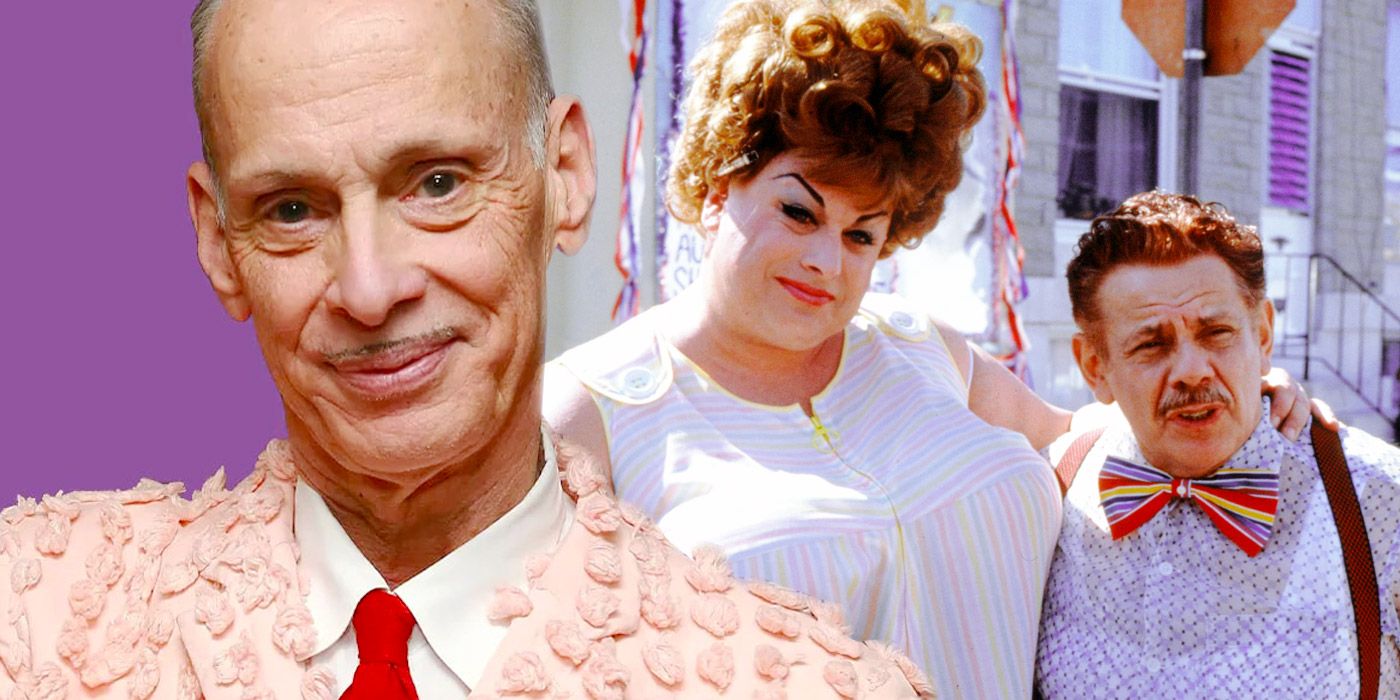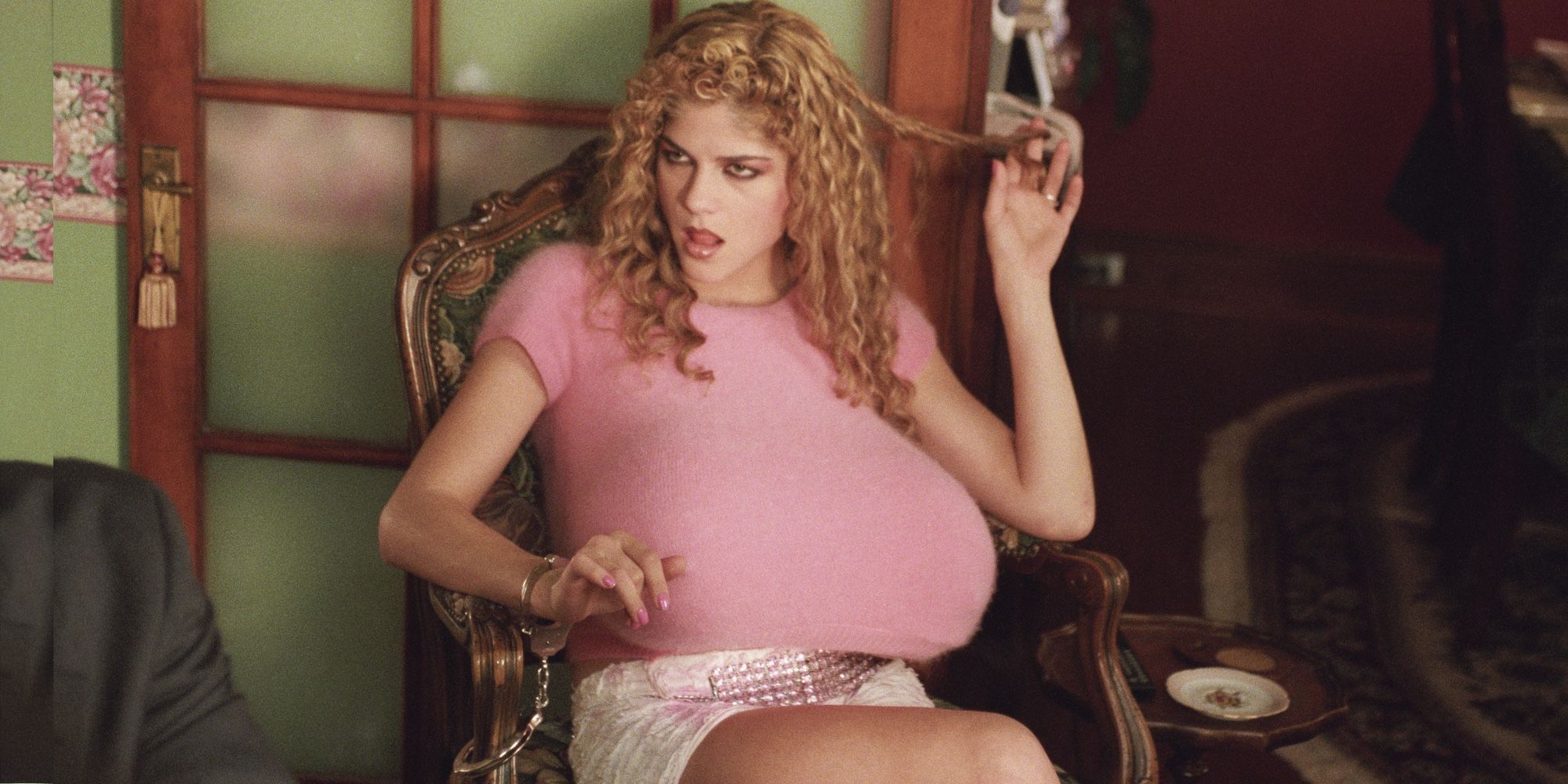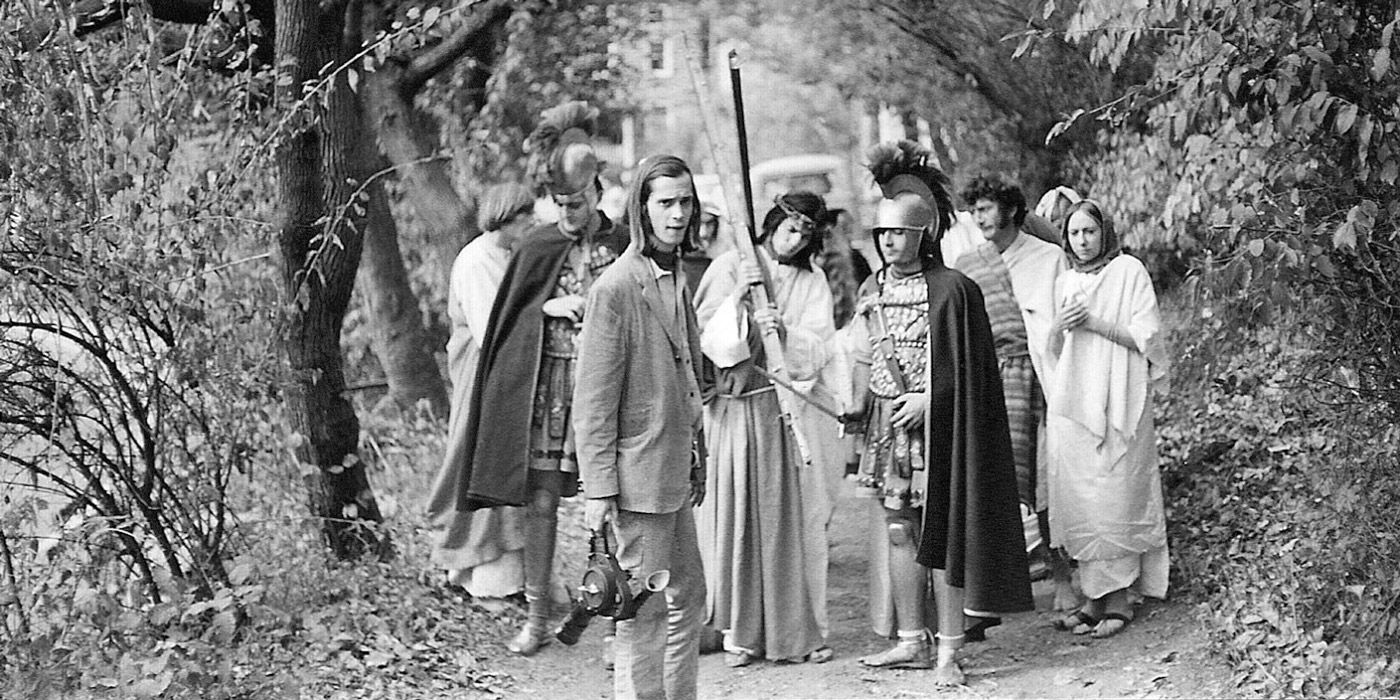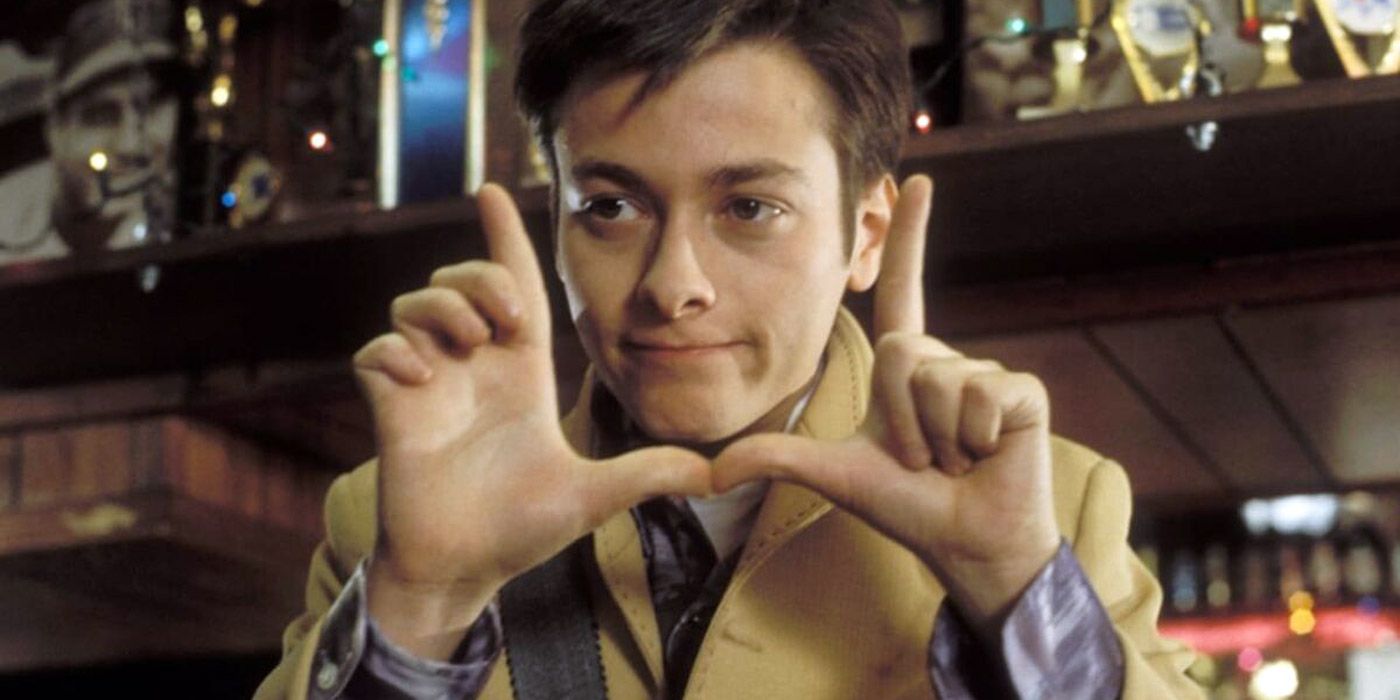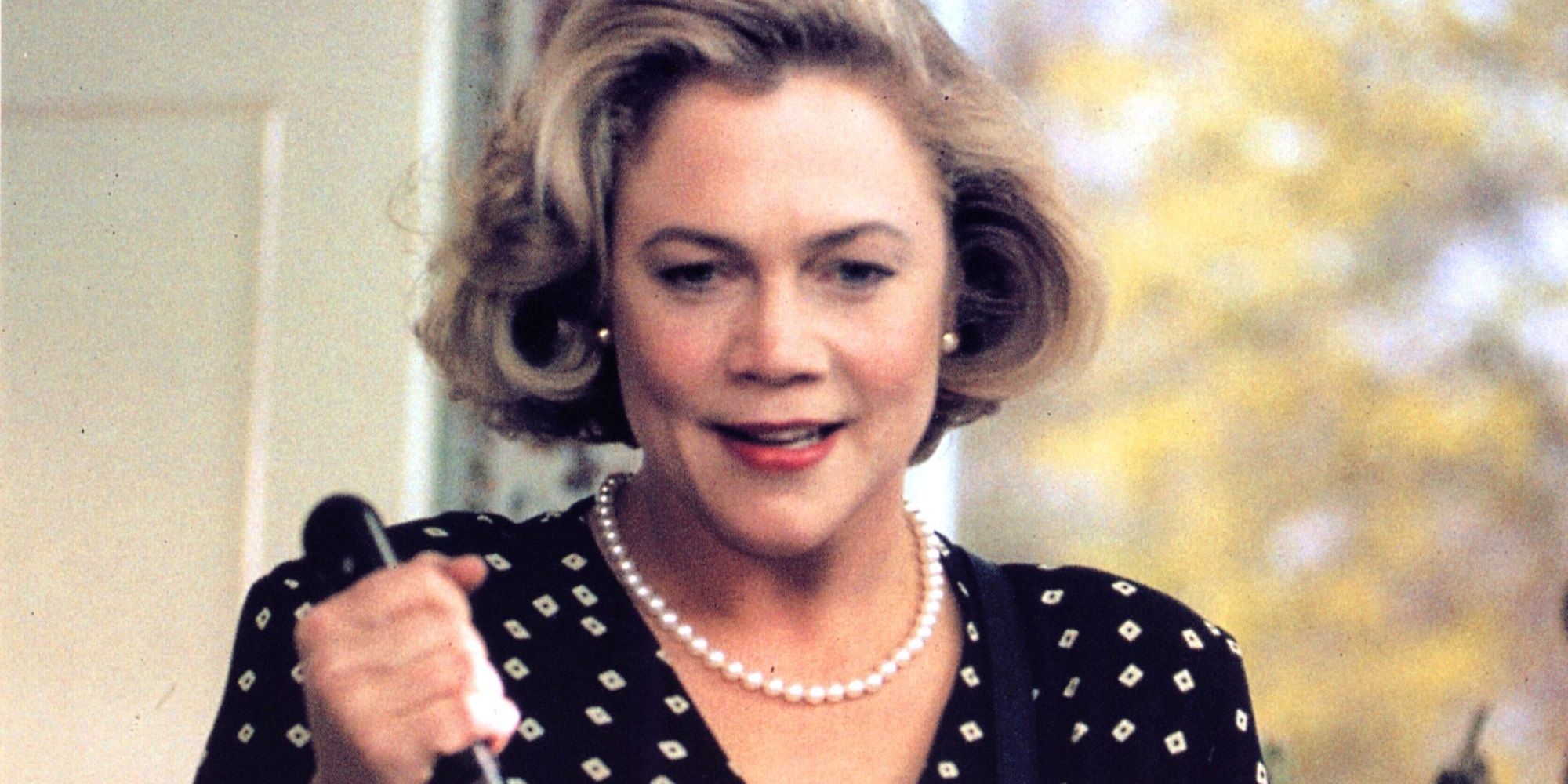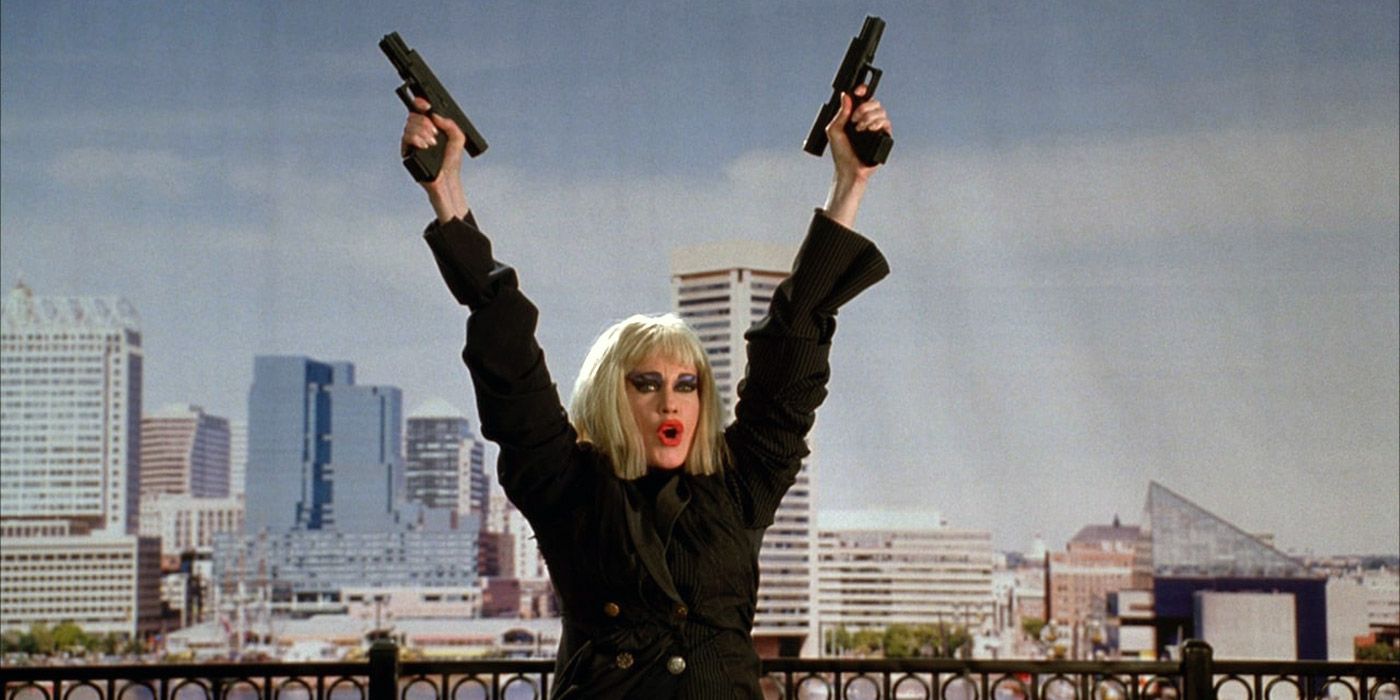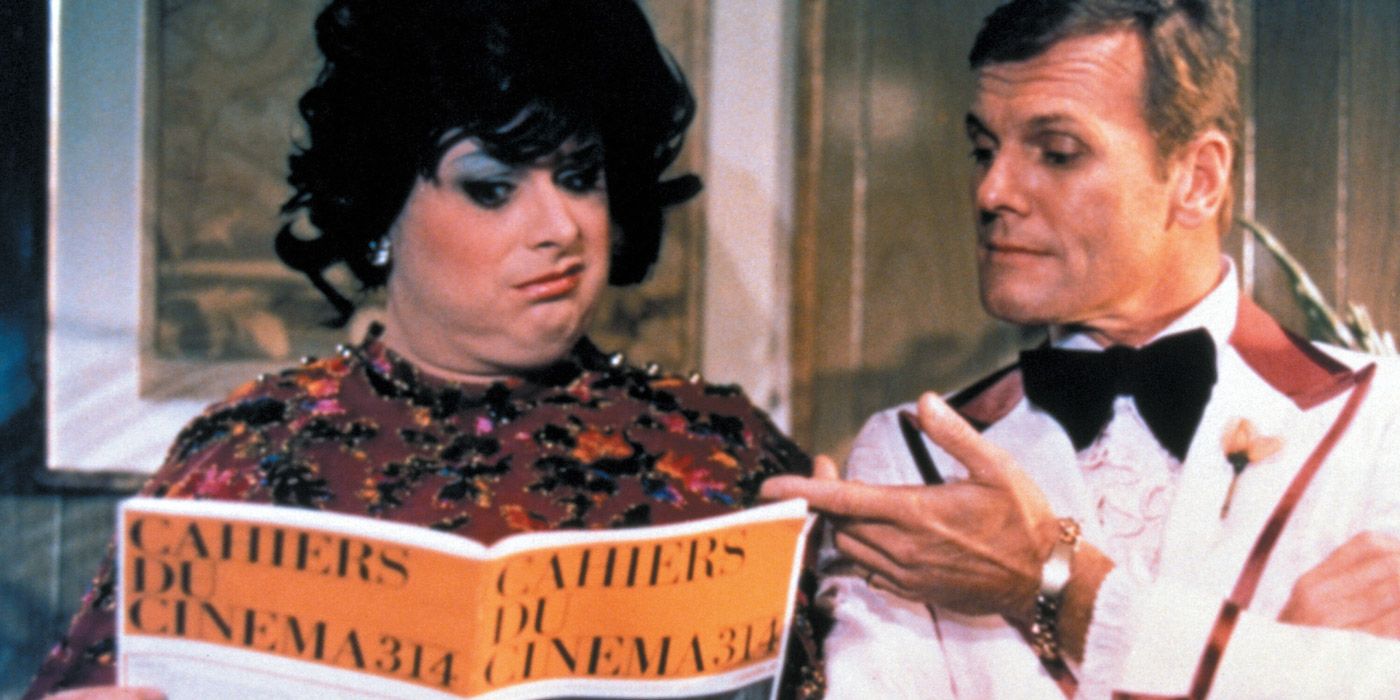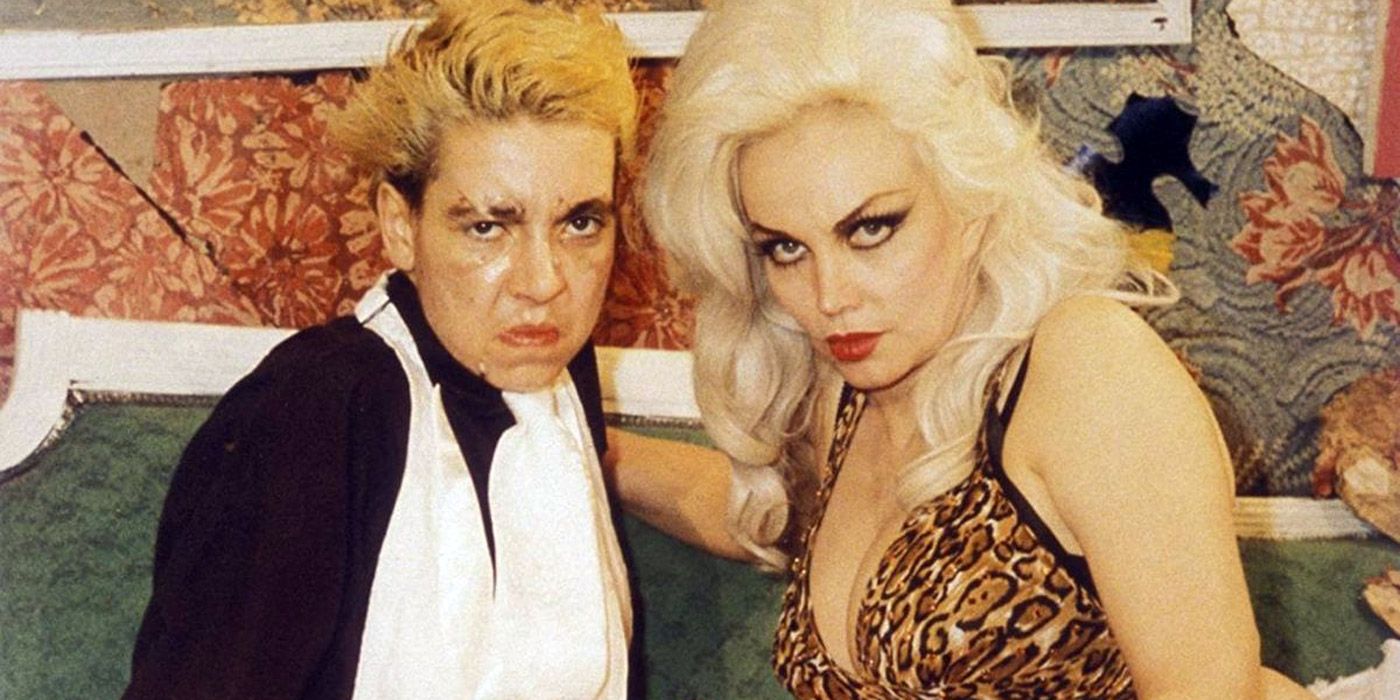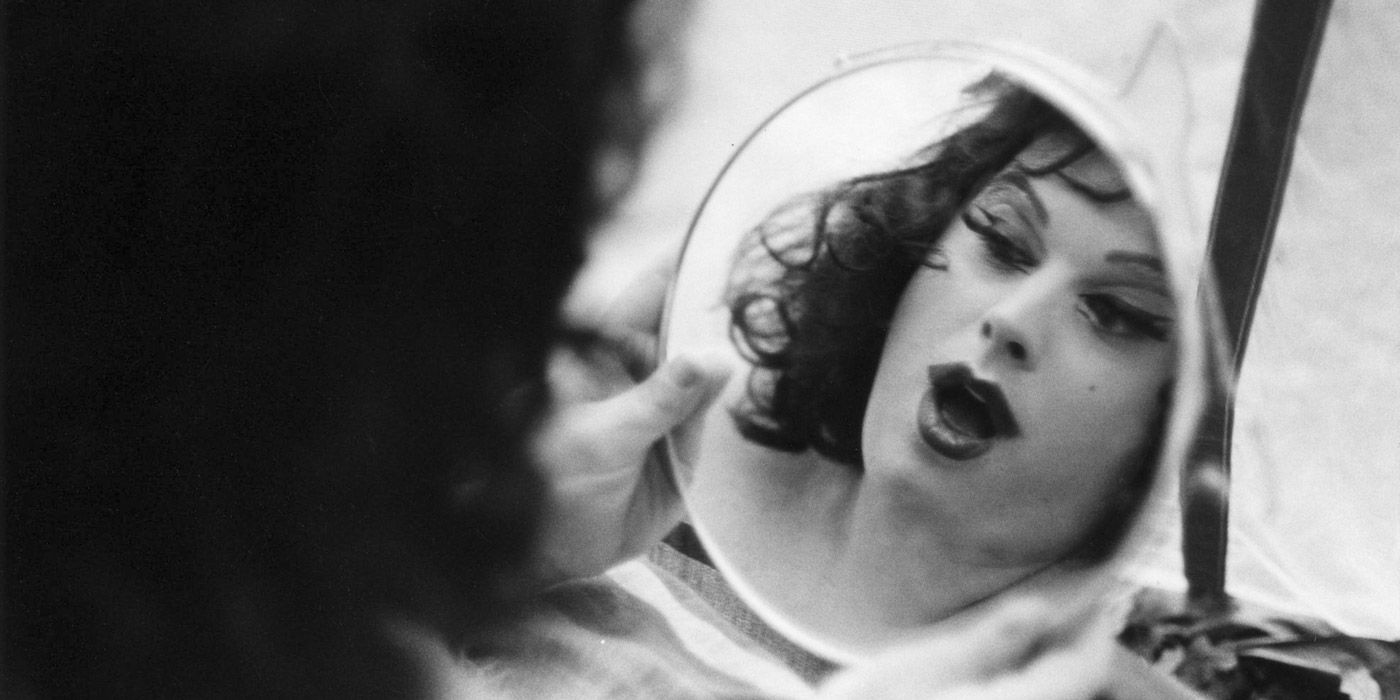Summary
- John Waters' films often push boundaries and tackle taboo subjects, gaining controversy but also creating a safe space for marginalized communities.
- While some of Waters' films may feel disjointed or unmemorable, they still showcase his unique and provocative sense of humor.
- Waters' legacy extends beyond filmmaking, as he has had an impact on LGBTQ+ cinema and recently published his first novel.
American filmmaker John Waters is famously known for his controversial films, many of which are just as taboo today as they were in the '70s. A pioneer of provocative media, Waters specializes in counterculture as a subgenre and ideology for the films he directs. He's gained a significant cult following due to his outrageous yet uniquely reformative black comedy. While John Waters' icon status began for his purposefully objectionable film Pink Flamingos, he truly became known for his 1988 movie Hairspray. According to Waters, Tracy Turnblad's Hairspray narrative reflects his childhood growing up in racially segregated Baltimore. His last film released is the 2004 box office flop, A Dirty Shame.
There's an importance to John Waters' movies that exceeds the controversy sparked by his filmmaking. Especially seen in his earliest films, his inclusion of LGBTQ+ actors initially created a safe space at a time when they were excluded. When transgender topics were particularly contentious, Waters allowed for their stories to flourish in his scripts. Multiple Maniacs is featured on Max currently as an important installment in LGBTQ+ cinematic history and as a Criterion-restored masterpiece. Water's legacy lives on in the New Queer Cinema movement and beyond. In 2022, he also published his first novel, Liarmouth: A Feel-Bad Romance, which encompasses various disturbing themes he's featured joyously in his filmography.
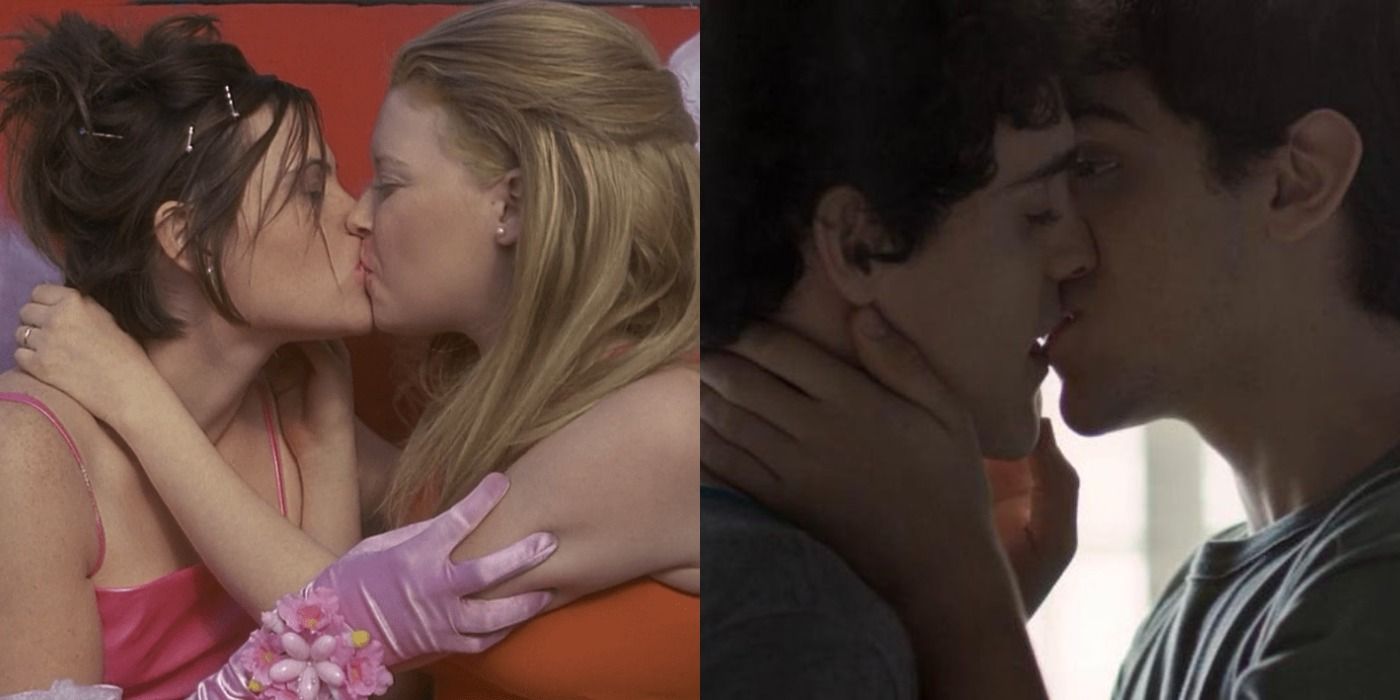
10 Best LGBTQ+ Couples In Teen Movies
These 10 couples are great couple goals for LGBTQ+ teens. They perfectly capture the power of first love, and most end optimistically.12 A Dirty Shame (2004)
A raunchy black satire
John Waters' satirical black comedy A Dirty Shame follows the sexual awakening of the convenience store manager Sylvia Stickles (Tracey Ullman) after she's hit on the head in an accident. Like John Waters' Hairspray and his other films, A Dirty Shame is set in Baltimore.
Sometimes excessively, this film bluntly highlights the classism and repression present in isolated conservative communities, but it doesn't always hit the right notes in its argument towards the appeal of sexual revolution. The filthy humor is hilariously similar to Waters' earliest projects but makes it feel disjointed since Divine's absence is deeply felt. Stickles feels like a role written for just Divine which unfortunately makes Waters' final film relatively unmemorable.
11 Mondo Trasho (1969)
Waters' first feature-length film
While Mondo Trasho falls into the trappings debut films often do, it shows John Waters' honed talents in their infancy. Mondo Trasho is his first feature-length film and showcases a young Divine in two roles, which he achieves again with more finesse in his later work. Its low budget is fairly apparent, but the camerawork gives it a vintage found footage style like Blair Witch.
Waters himself has mentioned his distaste for Mondo Trasho and claims it should've been a short film, which may be why it often feels overlong and repetitive (via BFI). Nevertheless, it acts as a genuine thesis statement on cinema as an art form in its Warhol-inspired scenes. There's no cohesive plot, and instead a hard focus on marginalized characters and their charm.
Mondo Trasho is not available for streaming.
10 Cry-Baby (1990)
Johnny Depp's cult classic musical film
At first glance, Cry-Baby doesn't fit into the John Waters formula, but it does actually emulate his darkest and most depraved humor, despite its cheery style. A star-studded cast elevates this dark musical from feeling overwrought. Johnny Depp also excels in the starring role alongside a surprise performance from renowned actor Willem Dafoe, which makes the film a memorable spectacle. Though John Waters relies heavily on the soundtrack's nostalgia rather than tying necessary plot points together for a proper conclusion, Cry-Baby still manages to be a harmless yet provocatively fun time.
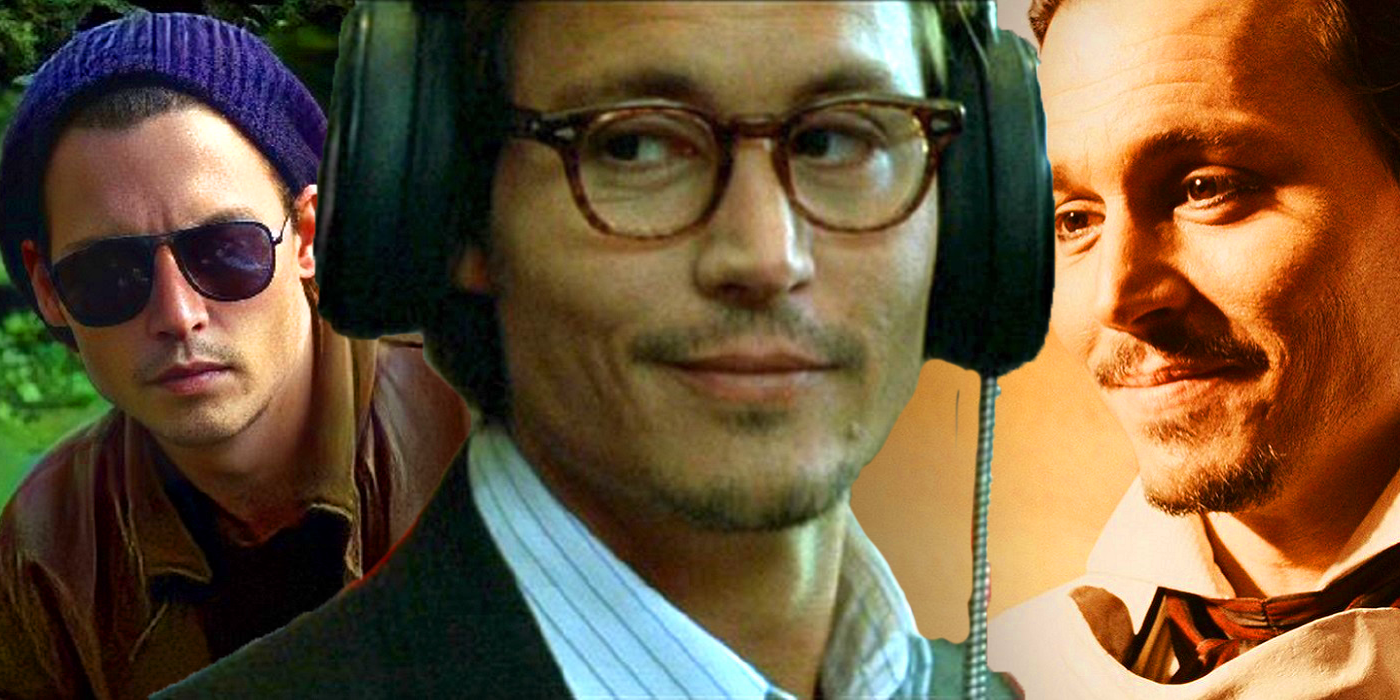
All 8 Of Johnny Depp's Movie Cameos Explained
Johnny Depp is well known for his diverse leading roles in feature films, but he has also made a few interesting cameos in a myriad of movies.9 Pecker (1998)
The rise and fall of a provocative photographer
Pecker shows the most distinct shift in Waters' filmmaking style. His taboo humor was beginning to coincide with Hollywood's burgeoning interest in offensive, provocative, and shocking comedy. Pecker follows a photographer who finds fame by taking pictures of his dysfunctional family but decides he doesn't fit in with society's elites. Films of the '90s, such as American Pie or Richard Linklater's Dazed and Confused, started testing the waters with risky comedy. That phenomenon takes away from Pecker's intent to startle audiences, which Waters' film depends on. However, through the perspective of his dynamic characters, Waters still manages to get across his message that art is everywhere.
8 Serial Mom (1994)
A black comedy about a killer mother
Serial Mom centers around a seemingly typical suburban family, with Beverly Stuphin (Kathleen Turner), a "typical" mother, but Beverly's devotion to her family reveals a dangerous mindset that starts to rack up a body count in her family's neighborhood. While the film strikes a perfect balance between silly and scary, the most glaring issue of the film is its treatment of mental illness. In critic Roger Ebert's review, he pointed out that Turner's often overly realistic acting makes it hard for her actions to translate comedically. Otherwise, the film is a solid black comedy with a sprinkle of campy horror.
7 Cecil B. Demented (2000)
A semi-historical kidnapping movie
Based on the kidnapping of actress Patricia Hearst, Cecil B. Demented centers around a destructive filmmaking cult that kidnaps the actress Honey Whitlock (Melanie Griffith). They force her to be in their films and along the way, she develops a liking for their destructive practices. Much of Waters' '70s-'80s charm remains vibrant in this 2000 black comedy, but there's a modern angle to this film that holds up. Roger Ebert claimed the film felt more like a home movie, which is painfully true in some scenes. Yet, it bluntly and effectively educates on the creation of cults by mainstream media.
6 Hairspray (1988)
The most family-friendly Waters' film
John Waters wrote and directed Hairspray in 1988, not knowing that this film would inspire a legacy. Hairspray's 2007 musical adaptation with John Travolta may be more remembered by some, but the original has an underrated charm that the remake sorely misses. Being from Baltimore, Waters crafts a smoother narrative about classism, racism, and the effects of bigotry in a small Baltimore-based community.
Divine's history with drag also made the iconic character of Edna Turnblad sensible compared to Travolta's over-the-top rendition of her. It is an incredibly accessible Waters film without losing any of his individualistic style. Waters' Hairspray is more grounded and less musical than its remake, yet no less endearing.
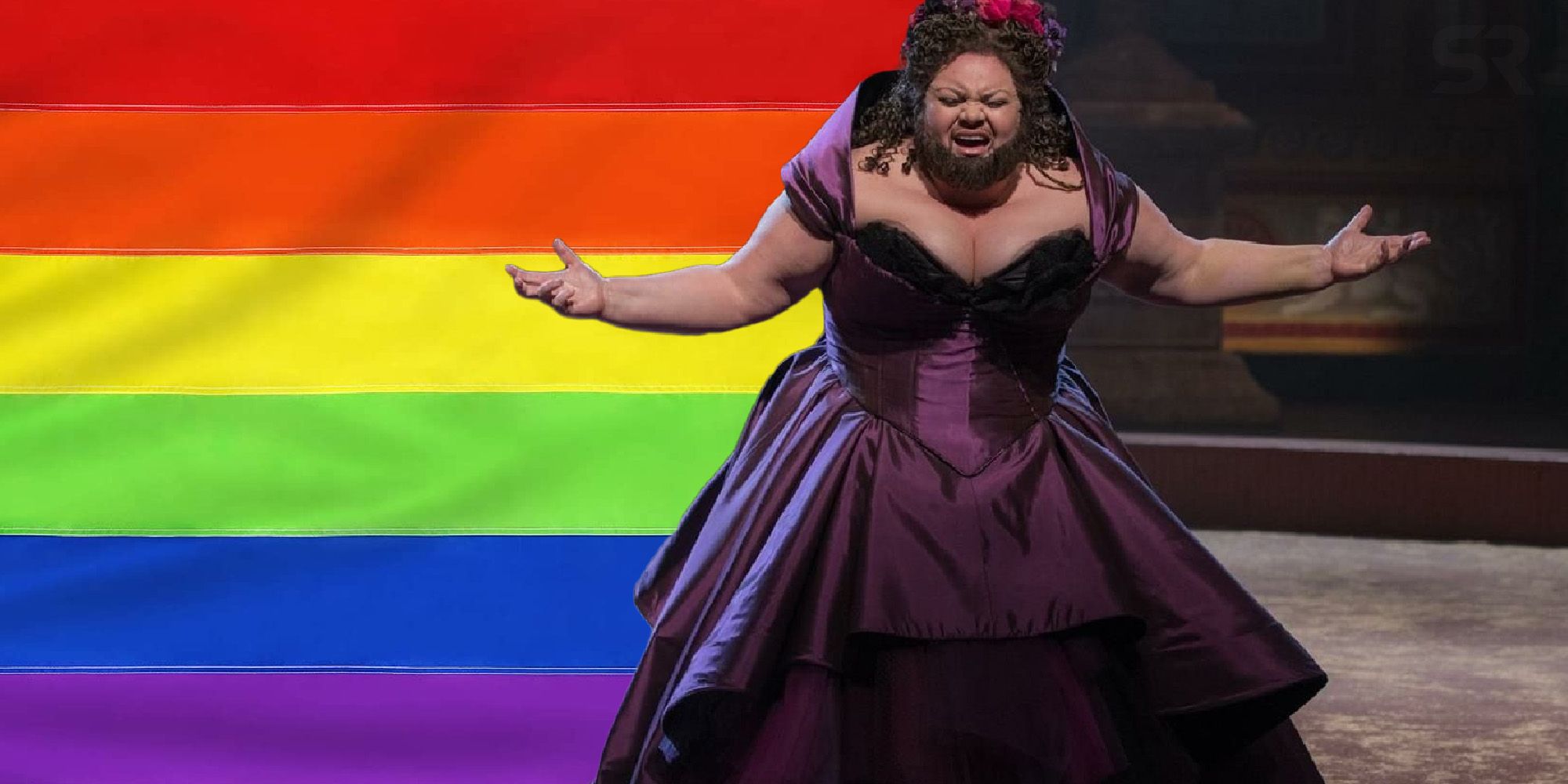
The Greatest Showman: How The LGBTQ Community Rescued It From Mediocrity
Critics didn't appreciate what The Greatest Showman had to offer, but it meant a lot to LGBTQ fans who saw themselves reflected in the musical's cast.5 Polyester (1981)
A women's picture and suburban satire
A wonderfully satirical spoof on romance dramas, Polyester, parodies melodramas marketed towards women, mostly 1950s classics directed by the acclaimed Douglas Sirk. Sirk's work can be modernly compared to drama films like Marriage Story. Polyester revolves around the strained life of housewife Francine Fishpaw (Divine) who becomes increasingly frustrated with her family's disarray. After meeting Tab Hunter's character, theater owner Todd Tomorrow, she falls in love but soon realizes his bad intentions.
The film offers more levity than Waters' "Trash Trio" films Female Trouble and Desperate Living, yet it stays focused on intersecting everyday horrors with its parodied romance. Waters excels in balancing several genres at once, which he does to Polyester's benefit here. Tab Hunter also sings the fun and fitting title song reminiscent of Old Hollywood soundtracks.
4 Desperate Living (1977)
The third film in Waters' "Trash Trilogy"
Mink Stole plays distraught housewife Peggy in Desperate Living who kills her husband and runs away with her nurse Grizelda to a shantytown overruled by Queen Carlotta. Carlotta is a woman obsessed with rabies played by another John Waters regular, Edith Massey. Though it has been more criticized for its questionable LGBTQ+ representation, mainly with its lesbian characters, it remains as sexually free as any of Waters' other counterculture films and is an upside of the melodramatic narrative.
Mixing Massey's indulgent levity and Stole's unwaveringly serious demeanor makes for a laugh-out-loud experience Waters doesn't always achieve in his films, considering their subject matter. Desperate Living is the third installment of John Waters' "Trash Trilogy" and earns its place by being equally hilarious and disturbing as its predecessors.
3 Multiple Maniacs (1970)
A circus sideshow filled with terrible people
Multiple Maniacs expands the spectrum of Divine's character acting to perhaps his most stand-out role, traveling sideshow leader Lady Divine. Similar to the popular series American Horror Story: Freak Show, the plot follows a sideshow troupe rife with murderous tendencies. Though most of Waters' films subvert various concepts of genres, themes, and clichés, Multiple Maniacs extraordinarily excels in subversion. Instead of redeeming the marginalized groups Waters features in Lady Divine's sideshow, the terrible depravities they undertake are aligned with beauty and ascension. The intense violence and perversion depicted become moving, because Waters makes these acts metaphorical for accepting the "outcasts" of society.
2 Female Trouble (1974)
A campy and subversive celebrity satire
Female Trouble stars many of John Waters' recurring actors and revolves around the turbulent life of another one of Divine's personas, Dawn Davenport. Feminist themes are uniquely explored in this deep dive into self-image and dysfunctional families. Though it parodies Hollywood films with overt feminist messages marketed towards women, much like Polyester, it handles difficult conversations about the female experience in a male-dominated society. Female Trouble extrapolates the heart of the female struggle and showcases it so disturbingly that Waters' message is unavoidably heard. Divine exudes immense talent balancing the hard-hitting roles of the unappreciated Dawn and her destructively hateful first lover, Earl.
1 Pink Flamingos (1972)
An outrageous and scandalous cult phenomenon
The first film in what John Waters deems his "Trash Trilogy" is Pink Flamingos, a film with a reputation more memorable than its triumphs. It follows Divine amid her efforts to keep the tabloid status "filthiest person alive" while living with her dysfunctional family in a trailer. Banned in several countries, there are many elements of this film that even the biggest video nasty fans may cringe from. Despite that, it has become a midnight movie classic like Rocky Horror Picture Show for a reason
Pink Flamingos gives Glenn Milstead a chance to shine more than ever and show his dedication to Divine's demanding character acting. It's mindless fun that still has notable instances of relevant political commentary.
John Waters maintains a distinct impact on cinema for decades thanks to his original perspectives on horror and black comedy. Between shocking audiences with unthinkable conceptualizations to paving the way for LGBTQ+ advocacy in cinema, John Waters remains one of the most influential American directors to date.
Pink Flamingos is not available for streaming.

